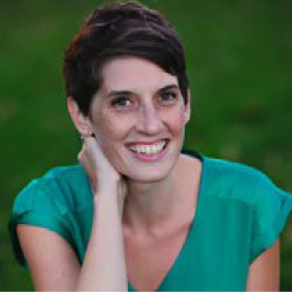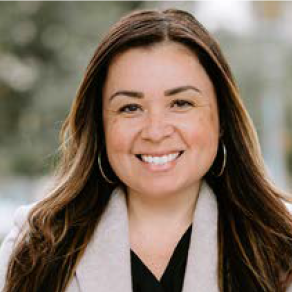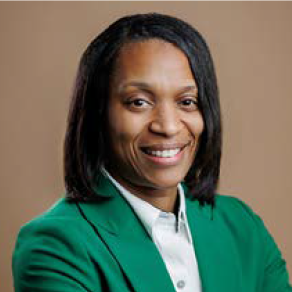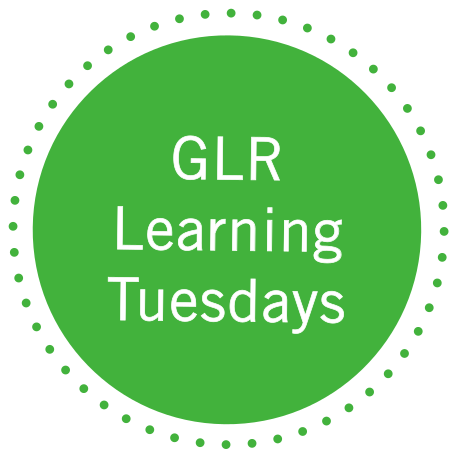
- This event has passed.
The “Sturdy Bridge”: Ensuring a Seamless Transition to Kindergarten

In this Kindergarten Matters session, Paula Grubbs, Ph.D., from the Frank Porter Graham Child Development Institute, UNC Chapel Hill served as moderator, leading panelists through the conversation while sharing insights from her work as lead of the Kindergarten Sturdy Bridge Learning Community.
Attendees first heard from Stacy Ehrlich Loewe, Ph.D. with NORC at the University of Chicago who served as Principal Research Scientist & Project Director on the Head Start to Kindergarten Transitions Project. The project, Loewe explained, was created to determine the best ways to achieve effective transitions from Head Start to kindergarten. Through their research, the program team developed a “four P’s” framework — policies, perspective, professional supports and practices — which is important for successful transitions.
Following Loewe’s dissection of the research, attendees then heard from on-the-ground experts who shared their experiences supporting smooth transitions into kindergarten. Olivia Christensen, Ph.D., with the Minnesota Department of Education began by discussing the department’s shift from traditional “readiness” terminology toward a more inclusive concept known as the “Successful Learner Equation.” Christensen explained that the department has engaged with schools, community partners and families to promote this new messaging, and has uncovered the need for collective collaboration across different entities to create supportive environments for children entering kindergarten.
Christensen closed, “We’re using the successful learner equation to really dedicate time and space to listen to our partners, to pay attention to the field, then to reflect back on how the state can be more ready to identify where we can provide support, make improvements and seek collaboration with other entities.”
Attendees also heard from Janice Kilburn, Ph.D., with South Carolina First Steps who stressed the significance of kindergarten transition, reflecting on the lasting impact it holds for students. Kilburn highlighted the emotional and biological aspects of this milestone, emphasizing the spike in cortisol levels and the symbolic nature of starting school. She also discussed South Carolina First Steps’ dedication to smoother transitions for all students, particularly for at-risk early school children, through its “Countdown to Kindergarten program.” The program, Kilburn explained, involves personal home visits by future kindergarten teachers, helping to ease the transition by establishing strong relationships from the beginning.
“If we can concentrate on children and families, especially those with challenges to school success, and provide them with solid transition supports, we’re going to experience success,” Kilburn closed.
Sharonda Johnson from the South Carolina Department of Education also shared her perspective on the work happening within the state, with special emphasis on the importance of foundational literacy and family engagement in children’s long-term academic success. As a Learning Engagement Coach, Johnson underscored that children’s future success hinges on providing them with a robust educational foundation. She views early childhood educators as crucial “MVPs” in the process. Johnson also emphasized the importance of making families feel comfortable and welcomed in school environments, even if it requires educators to adapt their approaches. She believes that when parents are equipped with the necessary tools and strategies, they feel confident and capable of contributing to their child’s educational journey.
Johnson closed by encouraging attendees to consider the family perspective, “I think a lot of the time it’s not necessarily that they don’t want to help, they just don’t know how or they don’t feel comfortable. Just being able to provide them with strategies can help them become a part of that conversation.”
To close, attendees heard from Jessie Cuadra, Psy.D., with Families In Schools who shared her experience as a former Family Engagement Manager for a Head Start Birth to Five grantee in Southern California. Drawing on experience from her previous and current role, Cuadra shared the importance having reflective practices in planning and improving transition services for young learners, highlighting the need to review the effectiveness of these services and their impact on children, families and communities. She also discussed how vital it is to dig into personal narratives and peer support in fostering relationships between staff and families. Cuadra encouraged attendees to always link family engagement efforts to children’s learning outcomes, ensuring that families understand the impact of their involvement on their child’s success.
Cuadra concluded, “I encourage everyone to step into spaces where we can have these difficult, authentic conversations to help us show up for our young learners and families.”
Panel








